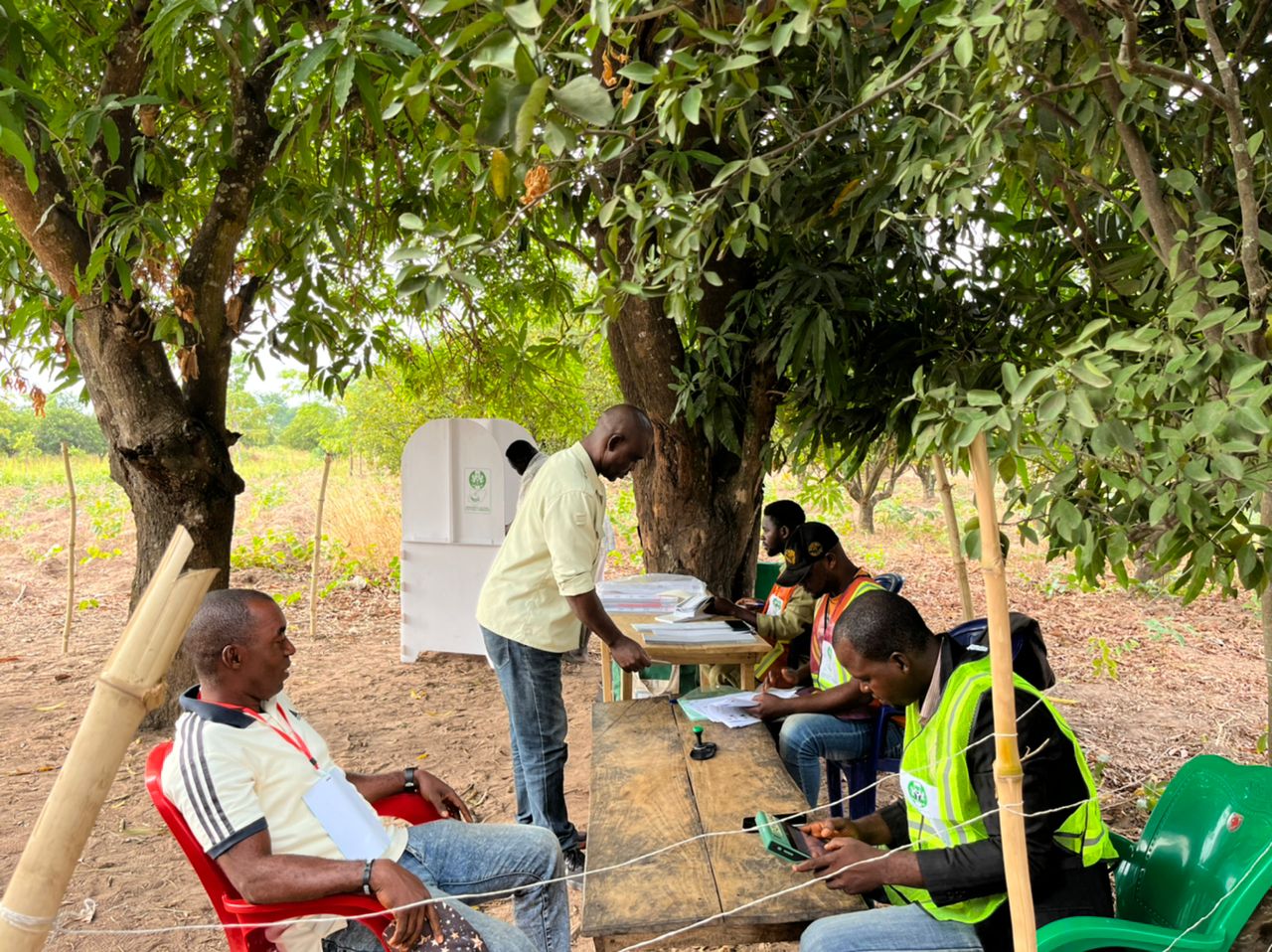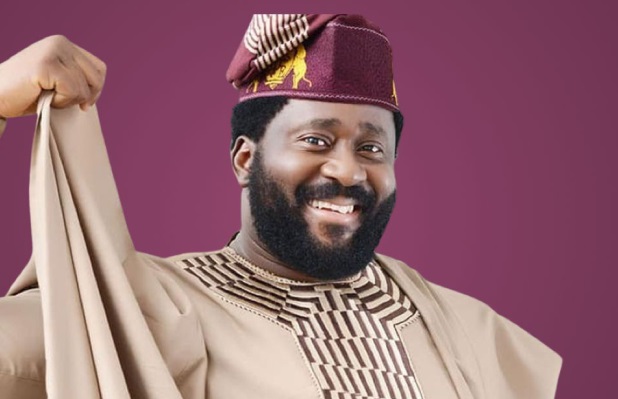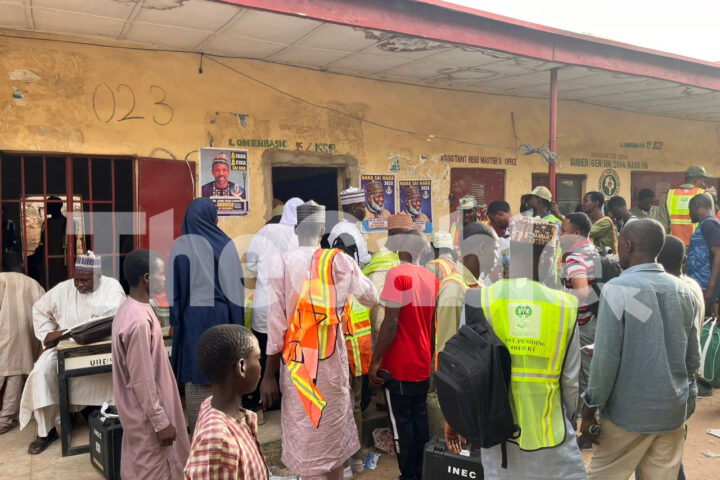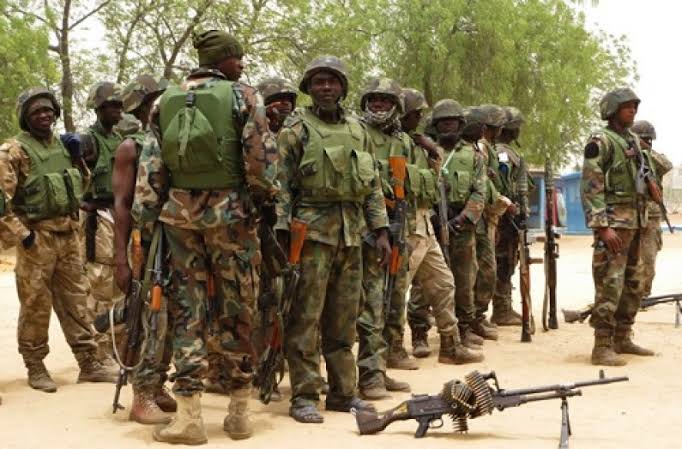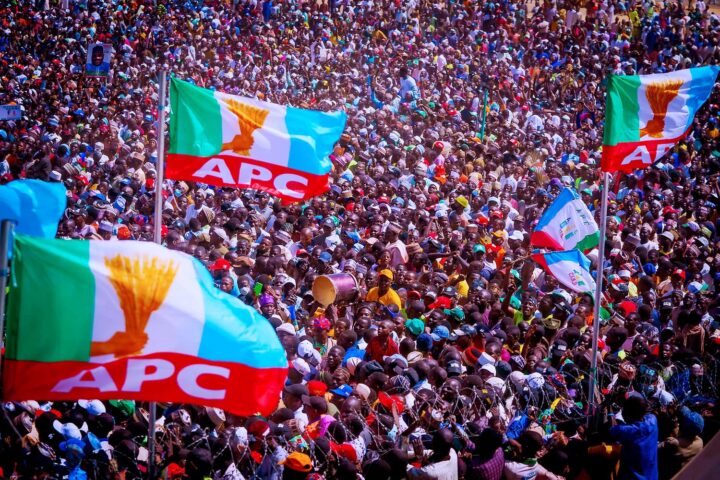On Saturday, hope beamed across the country as Nigerians geared up for the governorship and state assembly elections.
A few hours after the exercise commenced, the anticipated enthusiasm gave way to concerns of voter apathy. The expected turnout and reality were worlds apart.
TheCable reporters deployed to some of the states observed that although many Independent National Electoral Commission (INEC) officials arrived at the polling units early, only a few voters were available to vote.
Unlike the presidential election when there was a massive turnout of voters across the country, Saturday’s election was the opposite.
Advertisement
TheCable examines some of the states where the situation was prevalent.
Oyo
Oyo was considered a major battleground ahead of Saturday’s elections due to the conversations surrounding Seyi Makinde’s second-term bid. But visits to several parts of the state were largely uneventful.
At Egbeda LGA, TheCable observed that voting ended about an hour before 2:30 pm — the stipulated end time for voting — due to low turnout.
Advertisement
The development was also obtainable at polling units in Ibadan north LGA, among others, as many INEC officials interviewed lamented inactivity.
At some of the polling units, INEC officials were seated doing almost nothing while waiting patiently for voters.
Location: Ward 6, PU11, Bishop Philips Academy, Egbeda LGA, Oyo state.
Time: 1:11pm
AdvertisementUpdate: The INEC officials are waiting for more voters to come and exercise their franchise.#NigeriaDecide2023 pic.twitter.com/nFGqxZ4aIN
— TheCable (@thecableng) March 18, 2023
Rivers
Rivers was also tipped to be an interesting contest due to the intrigues around Nyesom Wike, the outgoing governor, and his likely successor. But the experience was not different from that of Oyo.
Advertisement
Visits across the state by TheCable showed that low turnout was rampant. At Obio-Akpor LGA for instance, voting ended early at most polling units in the area.
Wike, who voted in the LGA, decried the development, but noted that “you can’t force people to go and vote”.
Advertisement
Location: Aniyi Town Hall, Obinagu Uwani ward 1, Nkanu West LGA, Enugu state
Time: 12:54 pm
AdvertisementUpdate: With little to do due to low voter turnout, an official of the FRSC took a much-needed nap. pic.twitter.com/RAHRq7hU7x
— TheCable (@thecableng) March 18, 2023
Advertisement
Enugu
A similar trend was witnessed in Enugu. At Nkanu West LGA, a staff of the Federal Road Safety Corps (FRSC) attached to a polling unit was so bored by the inactivity in the area that she took a nap.
As of 12:45 pm in Aninri and Nsukka LGAs, INEC officials were also seen idling away with no voter in sight.
Location: Aniyi Town Hall, Obinagu Uwani ward 1, Nkanu West LGA, Enugu state
Time: 12:54 pm
Update: With little to do due to low voter turnout, an official of the FRSC took a much-needed nap. pic.twitter.com/RAHRq7hU7x
— TheCable (@thecableng) March 18, 2023
Nasarawa, Anambra in same boat
In Nasarawa state, the expected turnout failed to materialise. At some polling units in Akwanga west LGA, only one person had voted as of 10:43 am.
Similarly, in some parts of Ekiti, Edo, Imo, Bayelsa, Anambra, Kaduna, and Lagos states, only pockets of eligible voters came out to exercise their civic duty.
After voting in Anambra, Peter Obi, presidential candidate of the Labour Party (LP), said the apathy was due to a lack of trust in the electoral process.
“The first thing you will observe is that there is a very low turnout of voters compared to the situation last time,” he said.
“The thinking of the electorate is that when people’s votes do not count, why make the effort? It is a depressing situation we have found ourselves in.
“That is why in a country where you have 93 million voters only about 25 million of them come out to vote because they know their votes will not count. I know it will be much less this time.”
OBSASEKI: WORST TURNOUT I’VE SEEN
Godwin Obaseki, governor of Edo, could not hold back his dismay after casting his vote in his polling unit in Oredo LGA of the state.
He attributed the low turnout to security concerns raised by residents.
“I cast my vote at about 10:17am at Emokpae Primary School, in Oredo LGA and decried the low voter turnout. This is the worst turnout I have seen in this voting centre. I urge security operatives to relax the barricade in the city to allow voters to move to their units to vote,” he tweeted.
I cast my vote at about 10:17am at Emokpae Primary School, in Oredo LGA and decried the low voter turnout.
This is the worst turnout I have seen in this voting centre. I urge security operatives to relax the barricade in the city to allow voters move to their units to vote. pic.twitter.com/N78GgAnufs
— Godwin Obaseki (GGO) (@GovernorObaseki) March 18, 2023
‘BLAME PRESIDENTIAL ELECTION’
While Obaseki linked voter apathy to security concerns, others believe it has to do with the outcome of the presidential and national assembly elections.
Despite the declaration of Bola Tinubu of the All Progressives Congress (APC) as the president-elect, the election has continued to elicit controversy, with opposition parties alleging widespread irregularities.
The bimodal voter accreditation system (BVAS) and the result viewing portal (IREV) did not live up to expectations despite assurances by INEC that the technologies would improve the transparency of the electoral process.
Many therefore argued that voters stayed away because they believe their votes would not count.
The Rivers state governor said people did not come out because they were discouraged by February 25 experience. He, however, noted that there was an improvement in the process.
“It is much better today unlike what we experienced on the 25th of February. When the first election comes and goes, and people didn’t get what they wanted, they were discouraged,” he said.
Atiku Abubakar, the presidential candidate of the Peoples Democratic Party (PDP), shared the same point of view.
“Sadly, there’s a low voter turnout in today’s election, no thanks to INEC’s partisanship and incompetence that delivered a sham election on February 25. I hope the electoral body will seize this second chance to redeem its discredited reputation,” he said.
Atiku Abubakar, presidential candidate of the Peoples Democratic Party (PDP), speaks on the low voter turnout recorded in parts of the country. He blames the irregularities of the February 25 presidential election.#NigeriaDecide2023 https://t.co/s5ParjErDI
— TheCable (@thecableng) March 18, 2023
Babangida Aliyu, former governor of Niger state, also attributed voter apathy to the “irregularities” in the presidential election.
“If we see apathy that people didn’t come out as we expect, it will be as a result of what happened on the 25th,” he said.
Add a comment
